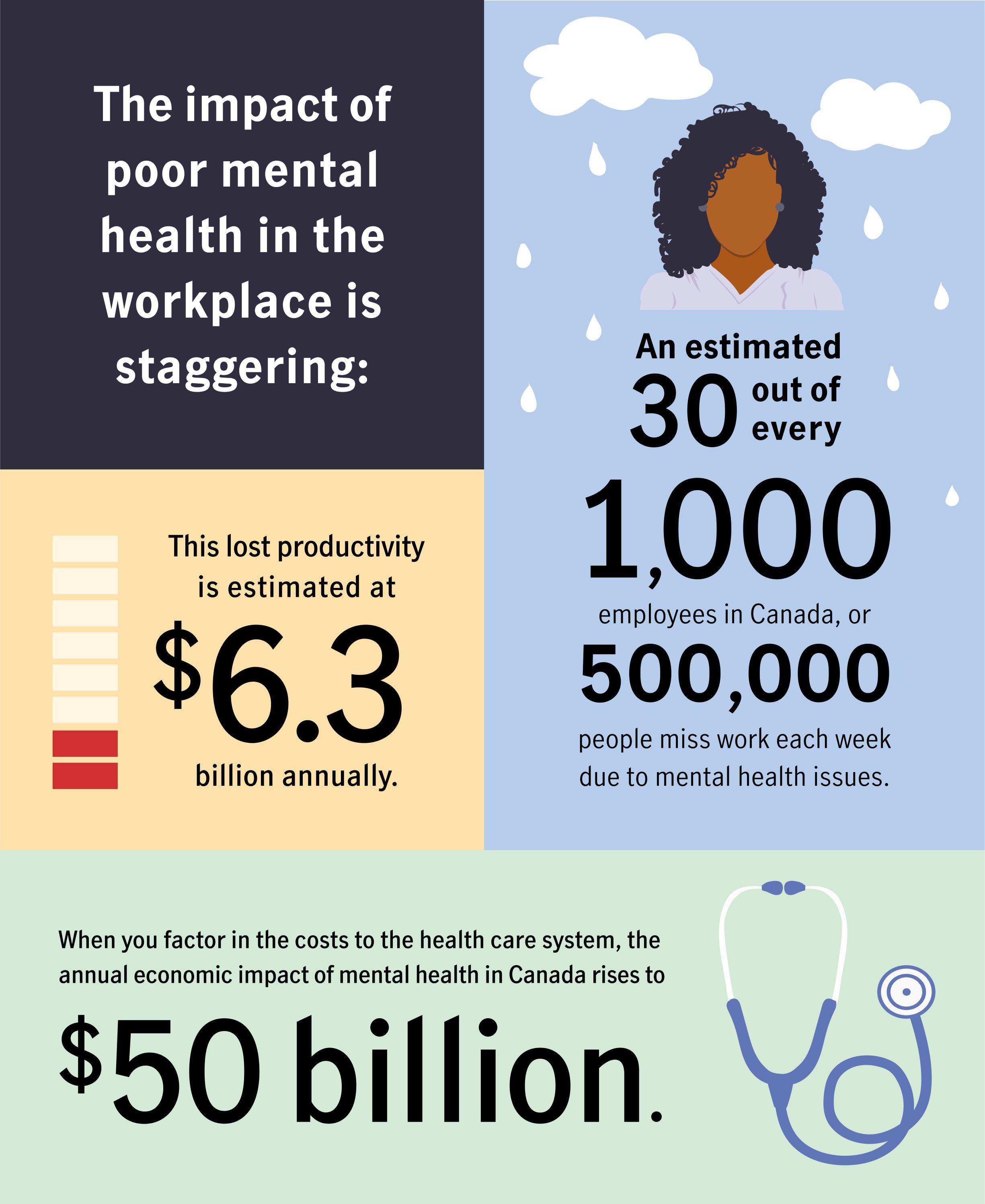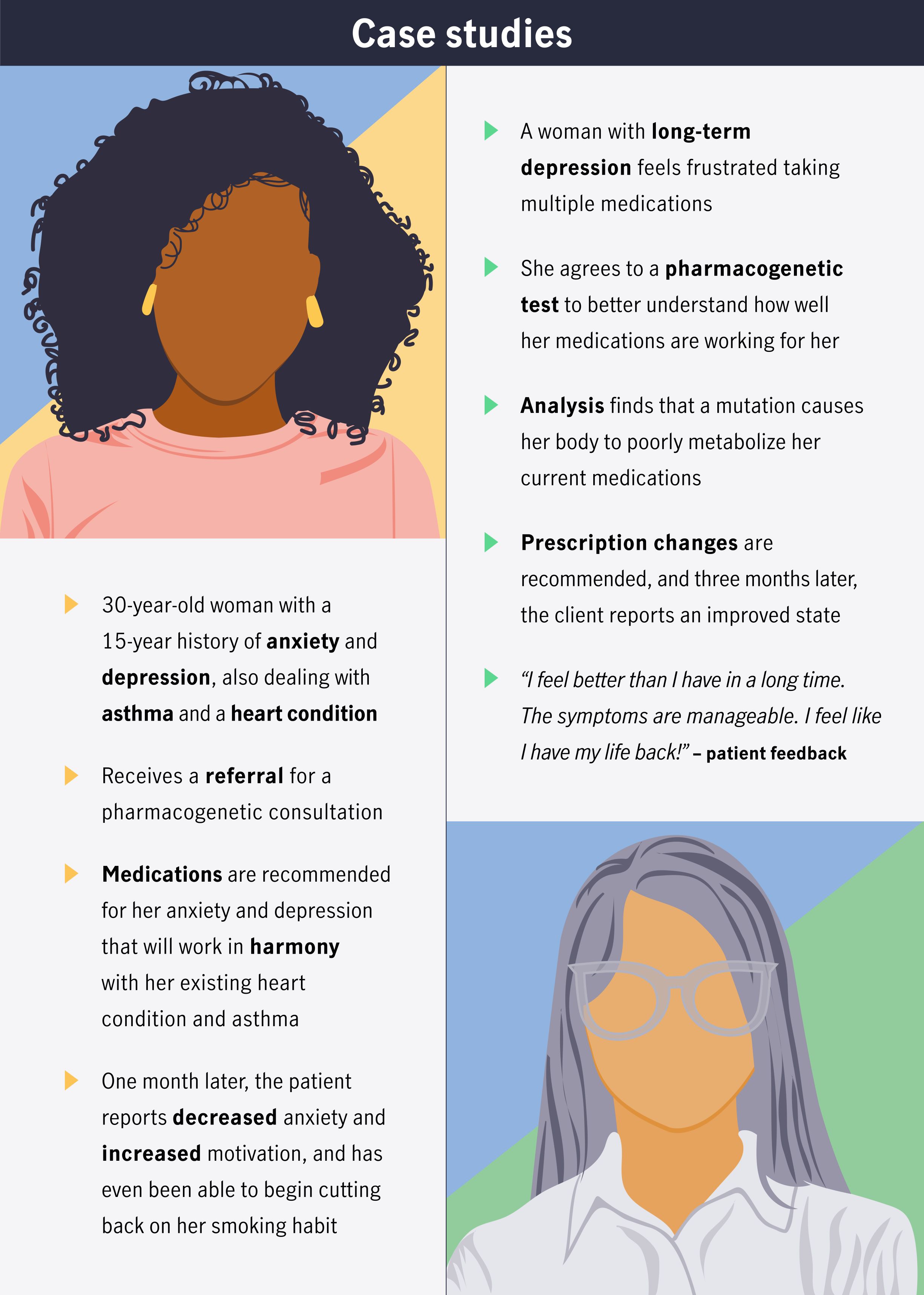Personalized medicine on the cutting edge of science
A unique approach for treating mental health and chronic pain conditions.
Medical breakthroughs are continually pushing the envelope of what’s possible. In the field of genetic mapping, recent advancements are helping to change the way certain health conditions can be treated. By analyzing a person’s genetics, professionals can recommend therapies specific to that individual in what’s referred to as personalized medicine.
Mark Faiz is the CEO of Ontario-based Personalized Prescribing. He says this approach supports the treatment success rate for a number of mental health issues – helping Canadians to get back to living full, productive lives.
“The brain is a complex organ that’s very good at compensating for some impairments,” says Faiz. “What my team does is pinpoint the cascade effect of drug interactions with specific genes. It’s very complex, but our pharmacists, assisted by our computer modelling, can tell us if a specific drug is suitable for a patient, based on their brain function.”
While genetic mapping has been ongoing for three decades, the idea of investigating drug interaction based on genetics is relatively new. The impact of this type of treatment may be most significant in the area of mental health, where it can sometimes take months, and even years, to identify the right medication to treat a condition.
“We know the value of pharmacogenetics from our interactions with doctors and nurses,” says Faiz. “It can take many weeks before a patient can tell if a medication is helping with their anxiety or depression symptoms, and this can be a frustrating process if you’ve tried several medications before finding the right one. Pharmacogenomics testing can reduce the time it takes to find the best medication.”
 Source: A blueprint for workplace mental health programs | Deloitte Insights
Source: A blueprint for workplace mental health programs | Deloitte Insights
Getting started
If personalized medicine sounds like an interesting option for you, there is a process to follow.
Step one is working with your doctor and discussing whether pharmacogenetic testing might be an appropriate tool.
“If you’re already on medication with symptoms in good control, then pharmacogenetic testing likely isn’t necessary,” says Faiz. “This is a useful course of treatment for patients struggling to find the right medication. We can determine what is happening with the brain receptors and which medication might be the most effective.”
Check with your employer’s workplace benefits plan. Personalized medicine consultation and testing might be included in your coverage.
 For illustrative purposes only.
For illustrative purposes only.
Personalized medicine can help with a range of conditions including anxiety, depression, attention deficit hyperactivity disorder (ADHD) and chronic pain. As mentioned, the first course of action will be to speak with your doctor. Your advisor can also help determine if your group benefits plan offers some level of coverage for pharmacogenetic testing.